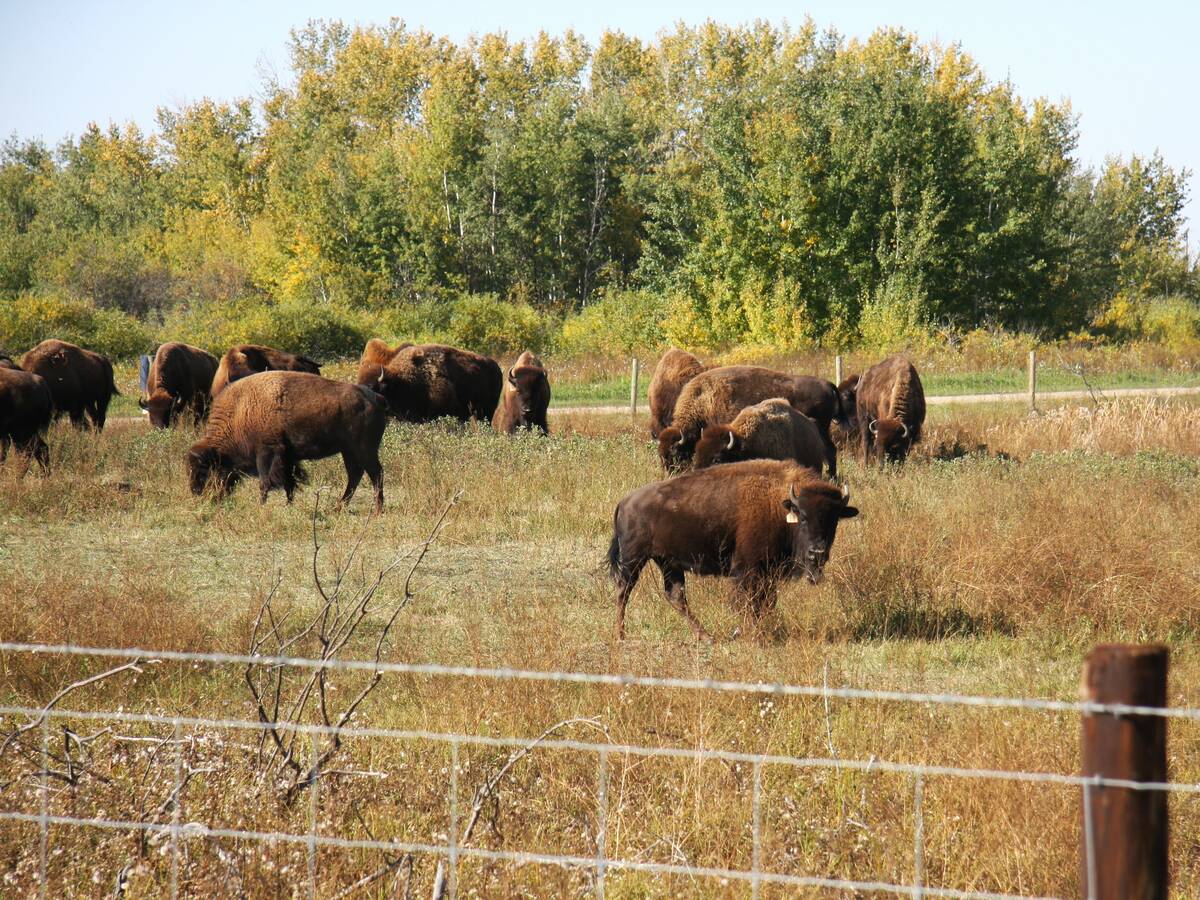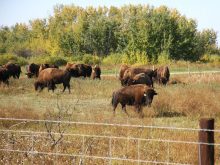Saskatchewan premier Brad Wall waded into the federal election campaign today, saying it’s clear an NDP government wouldn’t be in the province’s best interests.
Wall released the responses from the three main party leaders to questions he asked them in August. He wanted to know their positions on pipelines, equalization and genetically modified crop production.
He said if he had known the Trans-Pacific Partnership deal was going to be made during the campaign, he would have asked about that as well.
“That free trade agreement, I think, is the most important federal issue in this campaign,” he told reporters.
Read Also

National Day for Truth and Reconciliation: Acknowledging the past, seeking a better future
How can the treaty rights of Indigenous peoples be honoured in a way that gives them a proper seat at the table when it comes to farming in Canada?
While Liberal leader Justin Trudeau has indicated notional support for the TPP negotiated by the Conservative government, NDP leader Tom Mulcair has said he would tear it up.
Wall said with 17 percent of the world’s canola oil, 24 percent of canola meal and 21 percent of canola seed coming from Saskatchewan, the reduction in tariffs over a number of years is clearly a win for farmers and processors. The province produced 49 percent of Canada’s canola in 2014.
Pork and beef producers and agricultural equipment manufacturers will also benefit from the TPP.
“The NDP’s policies in this federal election do not align with the interests of the people of the province of Saskatchewan,” Wall said.
“To vote NDP would be counter to the economic interests of our economy and agriculture in Saskatchewan.”
On the question of GM crops, the premier said the responses were fairly general in their support for agricultural research, but he noted only the NDP has proposed mandatory labelling.
He said that proponents of climate change science ask for people to believe in the science, and it should be the same for GM crops. He said decades of study amounts to the longest food trials in history.
“To ask for mandatory labelling is not a science-based request, it’s not a science-based policy,” Wall said, adding Saskatchewan has led in the development of crop science, GM and otherwise.
“It’s essential to our economy, and I’m surprised there’s not more unequivocal support for that kind of science.”
Specifically, Conservative leader Stephen Harper’s response noted a $285 million investment in research in the last fiscal year and that any new agricultural products are “subject to a rigorous, science-based assessment process.”
Trudeau’s response said he believes in evidence-based decision-making but added there are challenges when it comes to GM production.
“For some producers and their customers (i.e., those who would prefer not to use GM products), safeguards against the risk of intermingling are important,” the Liberal leader wrote. “Such issues need to be squarely addressed on the basis of sound science and transparency.”
And Mulcair said his government would support research in the public interest.
“We also support the role of science in determining whether new developments are safe and appropriate,” he wrote.
The leaders’ responses are posted on Wall’s Facebook page.

















